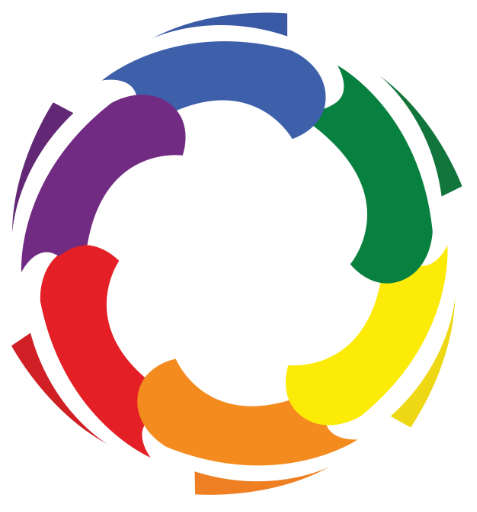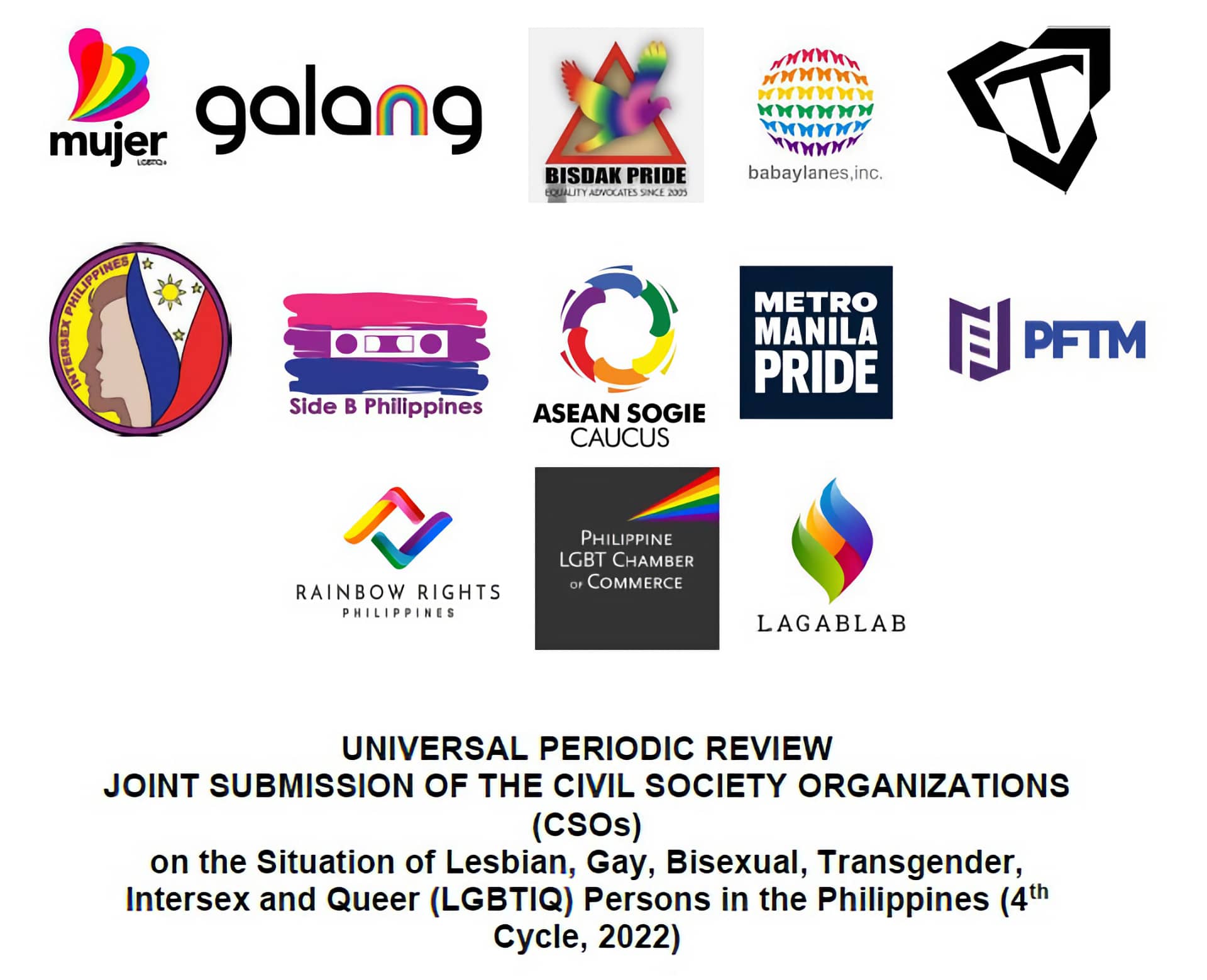The Philippines signed and ratified various international human rights instruments.1 Meanwhile, the 1987 Philippine Constitution (Article 2, Sections 11 and 15, and Article 3 Section 1) upholds the dignity, equality and human rights, and right to health of all persons.
Violations of the rights of LGBTIQ persons persist, and documentation remains a huge challenge for civil society organizations, especially when the COVID-19 pandemic hit the country. Denial of access to public services remained. Negative stereotypes against LGBTIQ persons are perpetuated through policies and practices of some government officials and private actors, despite the enabling laws and policies issued. Hate-related violence, heinous crimes including killings of LGBTIQ persons have been reported.
Meanwhile, the country lacks national laws, concretely prohibiting SOGIESC-based discrimination, and ensuring the provision of adequate services for LGBTIQ persons in difficult situations.
During the previous UPR cycle, the Philippines received two SOGIESC- specific recommendations. The government of Australia recommended to the Philippine government to “consolidate its recent progress through implementation of comprehensive anti-discrimination legislation covering sex and sexual orientation, gender identity and intersex status”. This was not accepted by the government. On the other hand, the government of Mexico made recommendation to “take action to eradicate violence and discrimination against women and lesbian, gay, bisexual, transgender and intersex persons, primarily in educational institutions”. This was accepted by the government.




